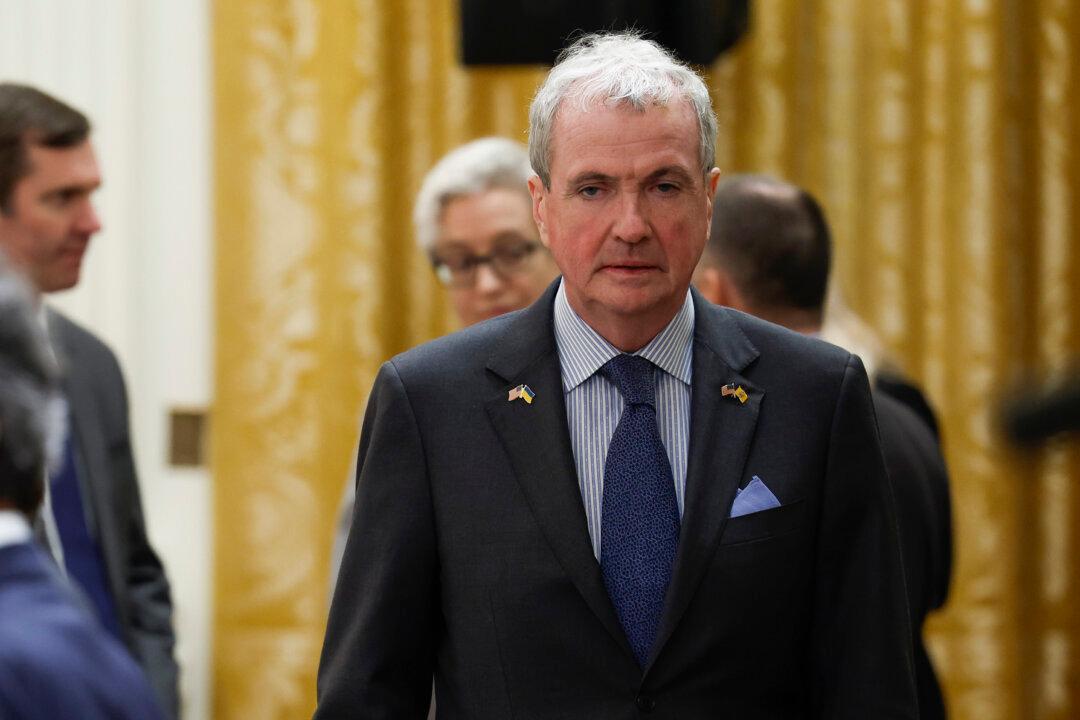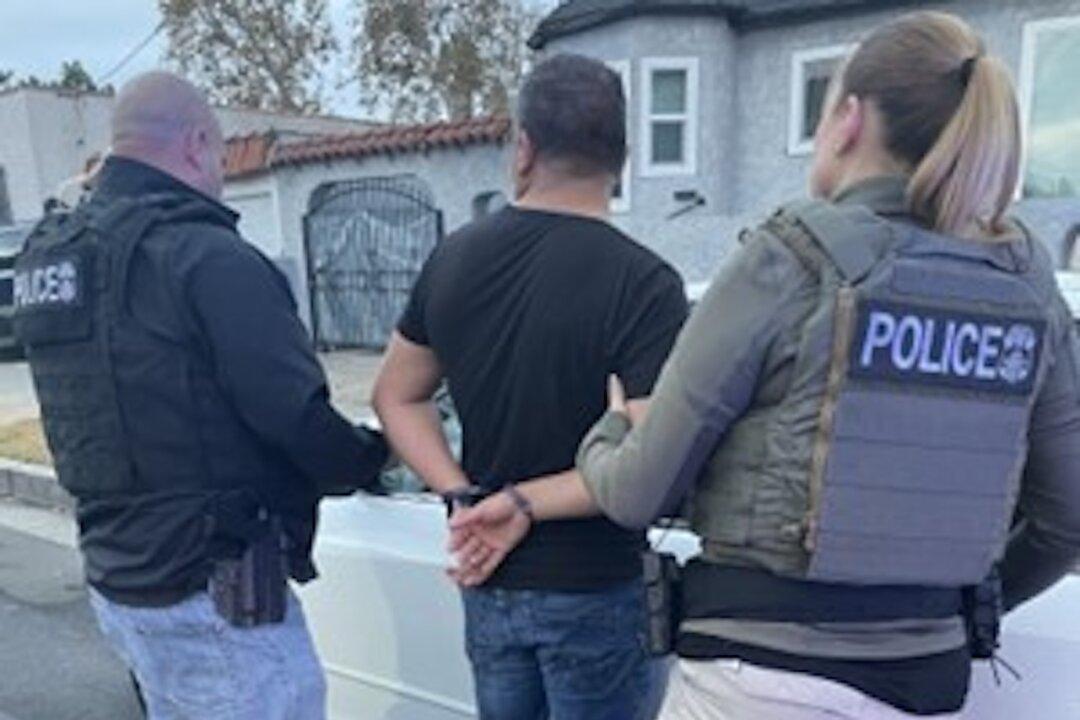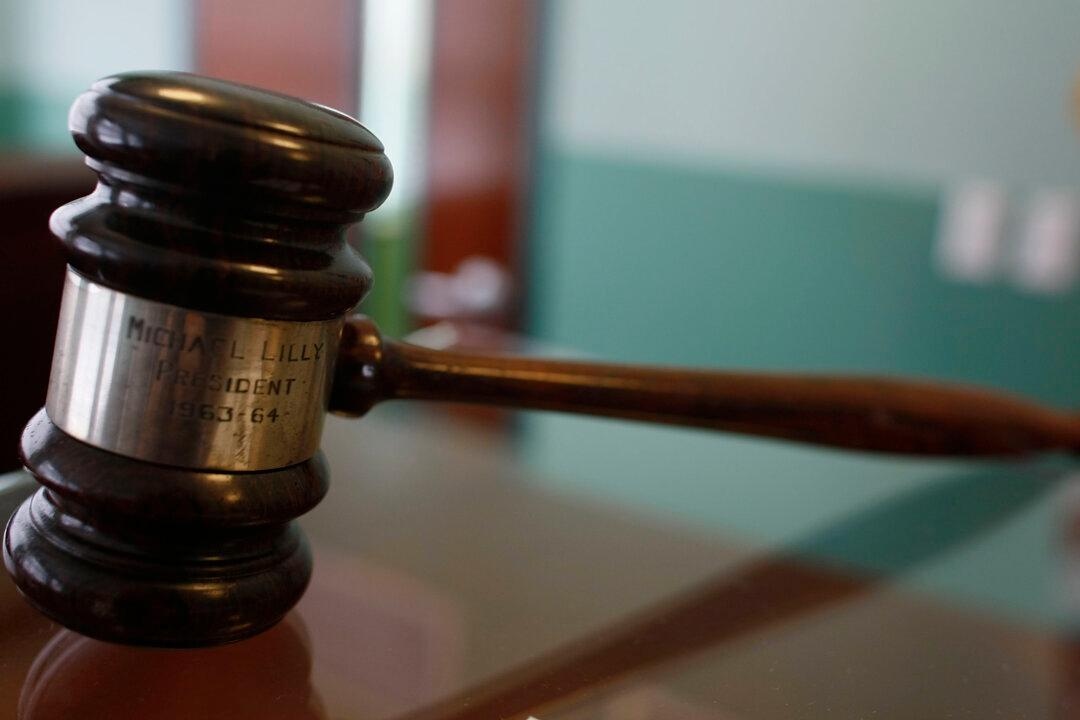The Supreme Court of Texas (SCOTX) on Tuesday blocked Harris County from making $500 guaranteed income payments to certain individuals on April 24 after Attorney General Ken Paxton filed an emergency motion to intervene and pause what he calls unlawful payments.
SCOTX announced on X that it would honor Mr. Paxton’s appeal.





